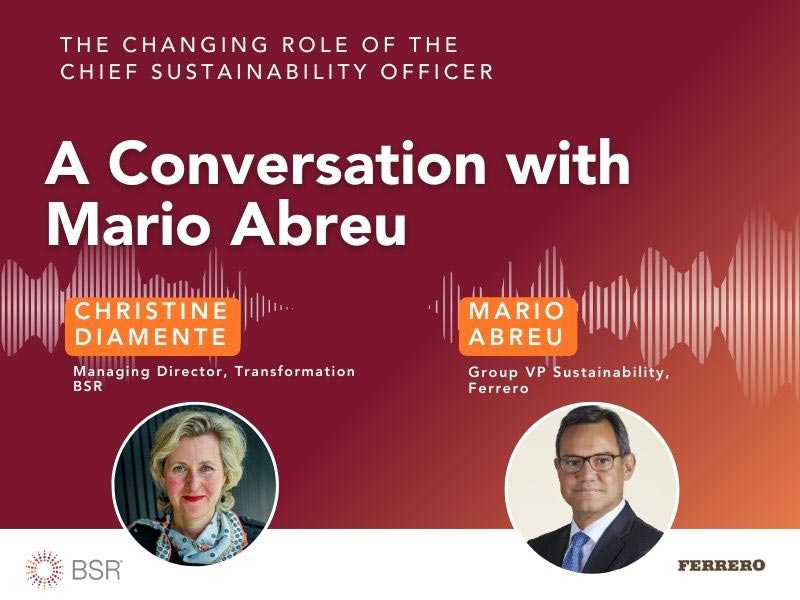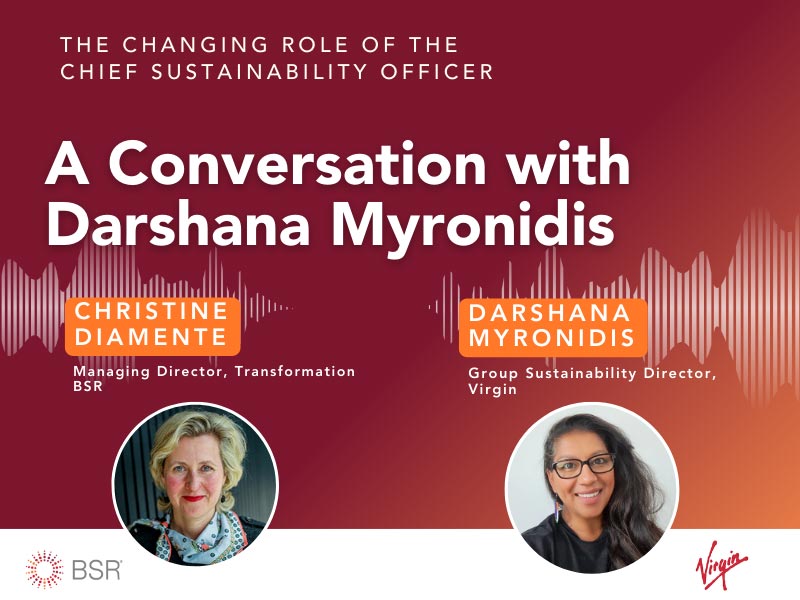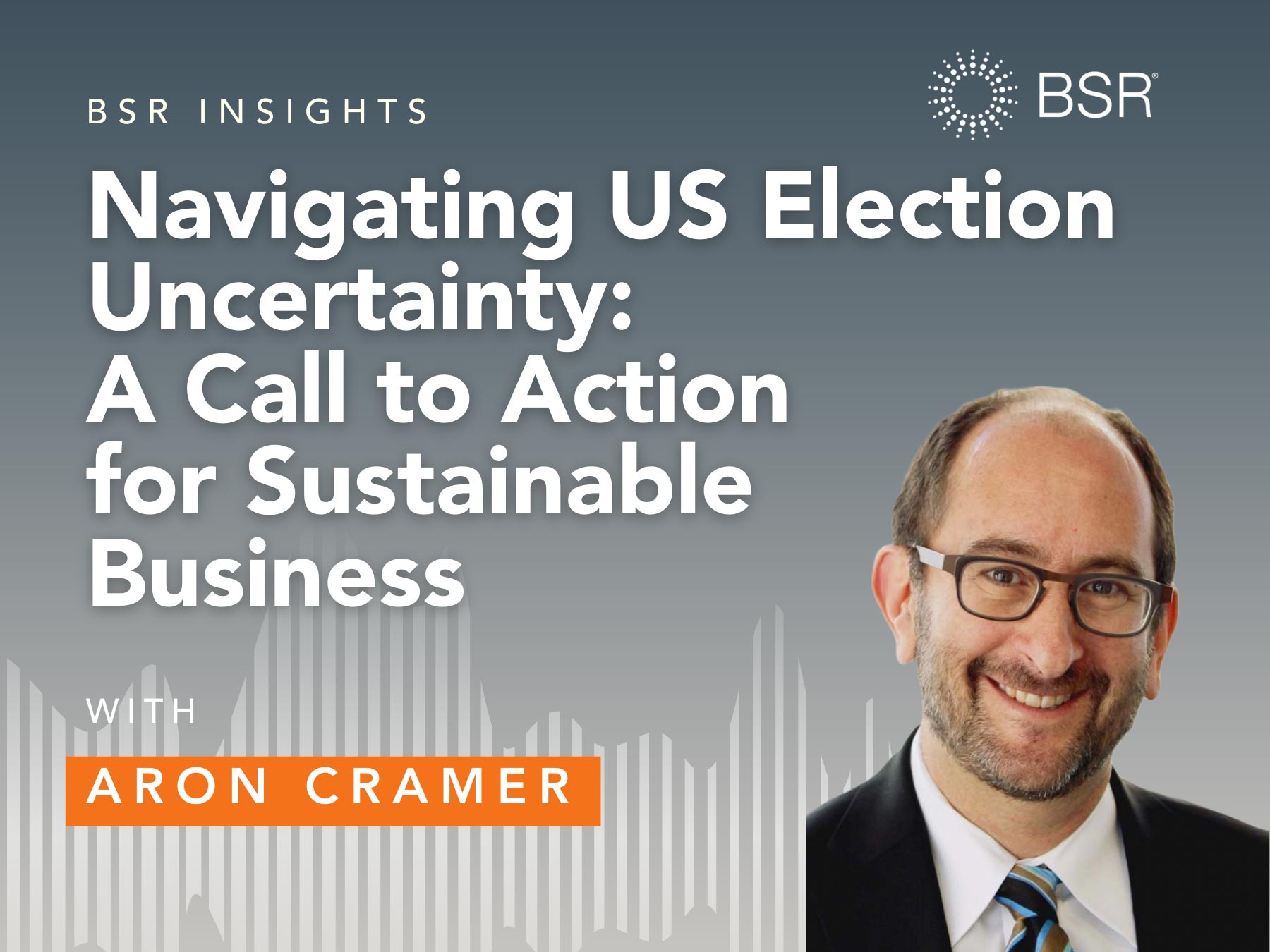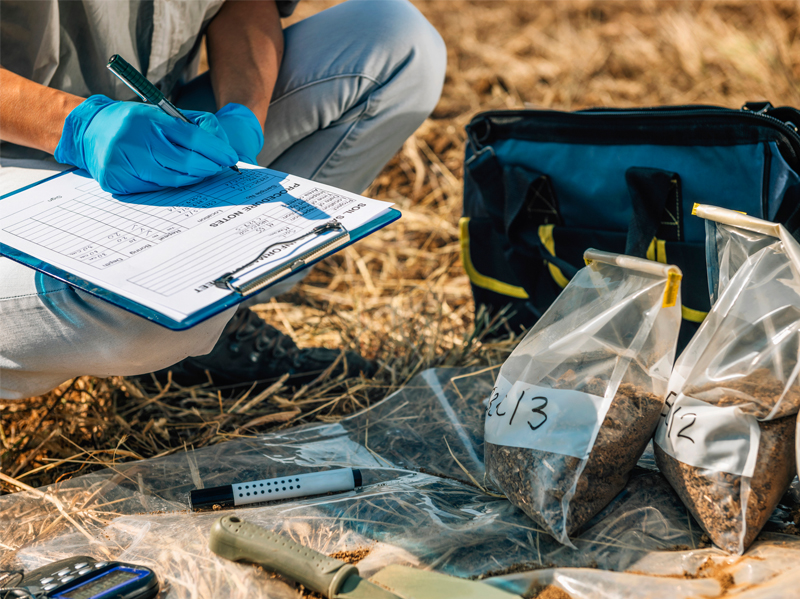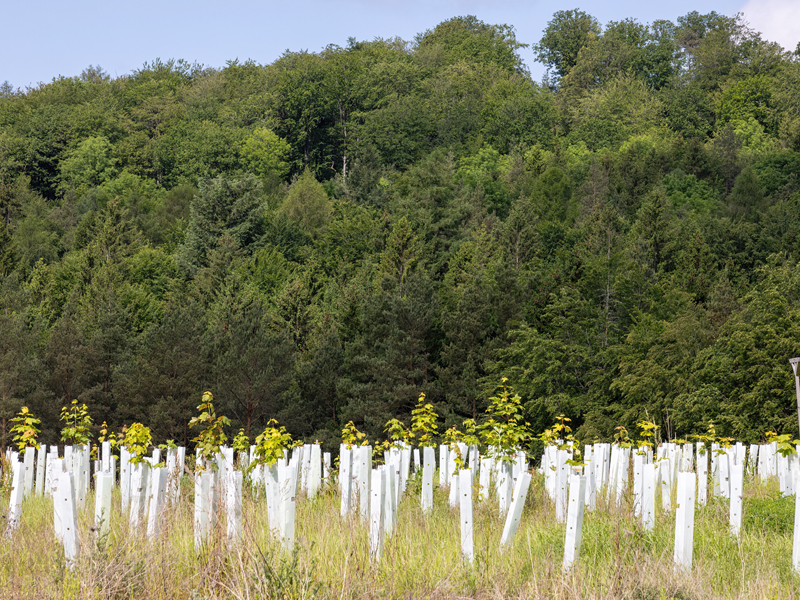
Resilience is having its moment, as the world reels from the massive health and economic impact of the coronavirus. The concept has suddenly gone from overlooked buzzword to urgent objective.
In fact, the importance of resilience was understood even before this pandemic. Speaking at Wharton earlier this year, before the impact of the coronavirus was widely felt, Mohammed el-Erian, chief economic advisor at Allianz and former CEO of PIMCO, said: “The world in which you’re living in is fluid, unpredictable, less stable. The dramatic shift...is part of a bigger reality that speaks to continuing fluidity, more unthinkables becoming reality, and trickier decision-making challenges.”
Resilience, he said, was the objective to aim for in such an environment.
In early 2018, we wrote that “integrating sustainability into business” was no longer fit for purpose. Instead, we advised that resilient business strategies should be the objective for every business and that topics and processes traditionally understood as being part of the sustainability agenda were a central part of that vision.
The era of stand-alone sustainability strategies, with subsequent integration of sustainability into company strategy, needs to end; the creation of resilient business strategies that take sustainability as their foundation needs to begin.
In the wake of the pandemic, we are calling for business to “meet the moment and build the future.” In doing so, resilient business strategies will be fundamentally important to business success as well as economic and social recovery.
The road to resilience relies heavily on sustainability principles, and the following will be even more important coming out of this crisis than they were coming in:
- Apply Futures Thinking: It is impossible to create a resilient business without understanding the range of possible futures a company might face. The contrast in outcomes between South Korea (which conducted a pandemic scenario exercise last fall) and the U.S. vividly illustrates how acting quickly and decisively can mean the difference between manageable disruption on one hand and a health and economic cataclysm on the other. BSR created its Sustainable Futures Lab to strengthen our efforts and help our member companies understand the intersection of various possible futures and fundamentally important sustainability challenges, from climate to circular economy. Organizations that take seriously and develop plans anticipating a variety of potential scenarios are far better prepared to act quickly and decisively when “normal” shifts overnight. This principle has been enshrined in the Task Force on Climate-Related Financial Disclosures (TCFD), and its value extends far beyond climate. Understanding and preparing for a range of scenarios has value on multiple topics and provides an essential “stress test” for business strategy.
- Rethink Economic Value and Optimization: Our measures of economic value do both business and society a disservice. We will produce more resilient companies and economies through three main steps. First, it is time to relegate the concept of “externalities” to the dustbin of history and embrace measurement of so-called intangible assets—social capital, natural capital, human capital, reputation—more fully. Second, we need to abandon optimization as the default approach to decision-making. We have removed slack in everything, from supply chains to public health systems to airline schedules; and we are now living with the harsh reality of why that can be self-defeating. Strategic efficiency is a core value of business; relentless optimization of everything is not. Finally, this crisis should lead to changes in capital markets that sound the death knell for short-term shareholder value in favor of long-term value creation for all stakeholders.
Business cannot thrive in a society that is failing....The pandemic is an extreme test for the social safety net, but we know that there were significant stresses before it hit.
- Embrace Diverse Perspectives: Groupthink is no way to achieve resilience. Resilience starts in the boardroom, and that will happen only if diversity—including of experience and perspective—is present to deliver the lateral thinking which strengthens an organization’s ability to identify and prepare for shocks to the business. External advisory boards, which are often freer to forecast and consider the unexpected, are another tool that can help ensure that companies identify and prepare for change. Decision-making is also strengthened by more systematic listening to stakeholders, employees, and customers, who will challenge inflexible mindsets to the benefit of the decision makers.
- Redefine the Social Contract: Many have said—correctly—that business cannot thrive in a society that is failing. Today, the social contract has proven inadequate in many countries in no small part because public services have not been resourced properly: the social and work arrangements present when our current social contract were developed are no longer in place, and new challenges—namely the transition to a digital, net-zero carbon economy—need to be tackled. The pandemic is an extreme test for the social safety net, but we know that there were significant stresses before it hit. We were already well aware of the need to redefine the future of work, address the needs of contingent and other workers previously seen as “disposable,” improve skill development, and to address educational needs in a modern context. Business, as we articulated in this discussion paper BSR developed last year, has both key assets and responsibilities to bring to this essential challenge, working in partnership with government, civil society, and others.
There is little doubt that business and other sectors will make significant changes to their objectives, processes, thinking, and measurement of value as the economy—and public health—recover. The core of business, including strategy, capital allocation, public policies and market rules, and employee relations will be remade in the wake of the crisis. Investors will want to know whether a company can prove to be resilient. No business strategy can possibly succeed if it doesn’t take account of the impacts of the climate crisis, supply chains subject to rapid disruption, and fast-changing political environments. The year 2020 has proved that resilience will be how every business strategy, CEO, and Board will be judged.
The world is learning a painful lesson about the damage that can come from a lack of resilience. Epochal events on the scale of the pandemic always bring structural changes in their wake. If we prioritize resilience, we can not only meet the moment, but also build a better future.
Topics
Let’s talk about how BSR can help you to transform your business and achieve your sustainability goals.


